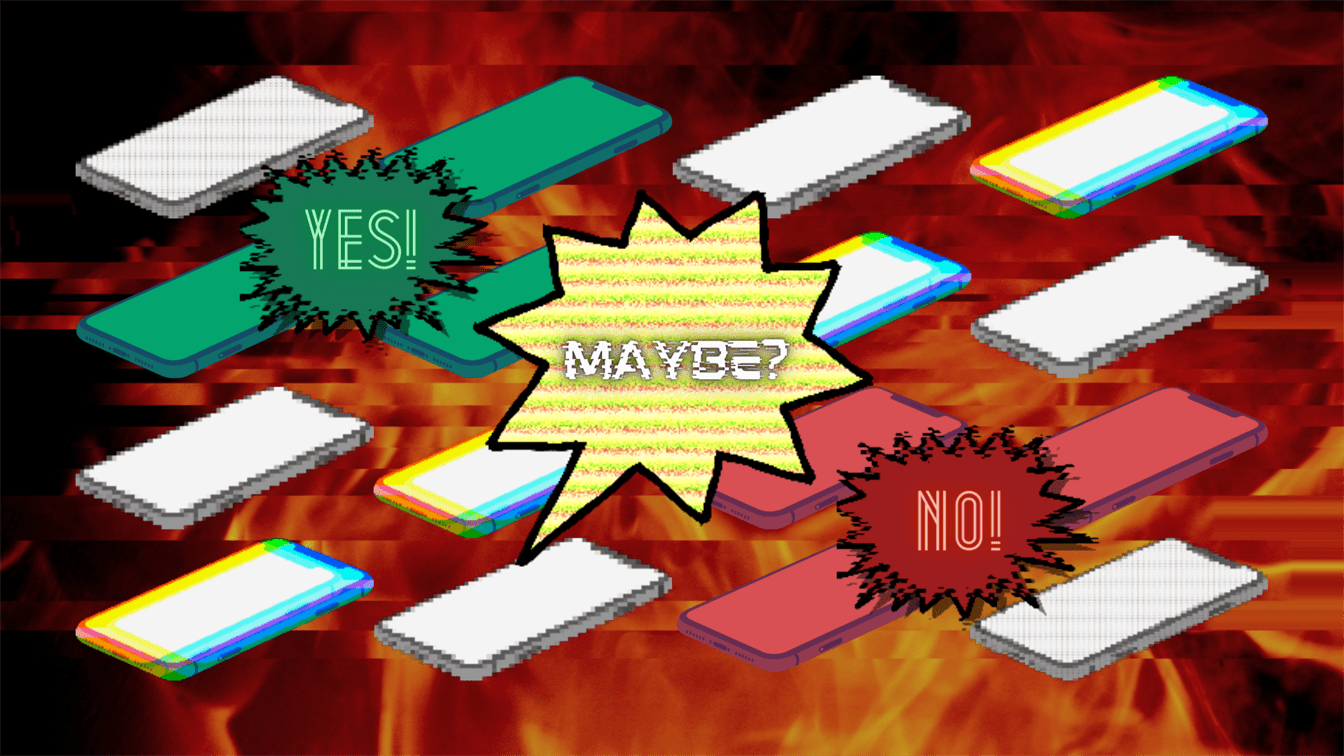I was in class with a professor who said their class was difficult because we had to do something school had ripped out of us. We had to have an opinion.
I understand what they were trying to get at, that we should think critically about how we come across and articulate our ideas by wrapping up our thoughts into a sound argument. It was this particular skill, they said, that seemed so simple yet quite difficult to cultivate.
I kind of disagree with that statement, but not the entirety of it.
Social media platforms are filled to the brim with people’s opinions and voicing one’s thoughts is certainly not the problem. It’s the actual ownership and possession of the opinions that we seem to lack a lot of the time. Anonymous accounts are what create this issue in the first place.
I am not attempting to reprimand our usage of social media nor insinuate that we lack the confidence to ever own up to our ideas. Instead, I think we get to encounter a lot more ideas than the generations before us.
We have a lot more things to process because it comes at us fast, in large quantities and in a variety of flavors. You could argue that coming up with an original idea has gotten harder because we encounter so much content all the time. It all mushes into each other and people then begin to mirror other people’s work.
Is it suggested then, that most of our ideas have already been thought of? Is it worth trying to have an “original thought” for the sake of appearing like an individual to claim the title of “self-thinker?”
Perhaps a more substantial question lies here. Does it even matter if we come up with an original thought? Critical thinking is not necessarily ripping apart an existing idea or passionately defending something that has been proven true, but rather making an idea make sense to you.
Whether we are coming to the same conclusions about the world as the people before is debatable. If that is an inherently negative thing, as it is usually framed, is even more questionable.
Spending even a handful of minutes on social media will expose you to various topics that may reappear on your feed. How much we pay attention to an issue relies on how much time we spend interacting with it.
As a result, I believe technology has enabled us to express our views a lot easier as it offers multiple virtual spaces for us to interconnect with others. However, scrolling through endless online discussions can drain us and hamper our ability to think about what it is we are reading about.
The notion of “lacking ownership” of our ideas online versus real life is something I have seen in either case.
What differentiates people who can “own” their ideas in real life versus those who burrow under their phones? Well, where an individual sees themselves and how they view their role in the world is significant in the relationship between their online and real-life behavior. How we navigate the real world versus the online one and how those contrasting etiquettes affect one another might become more clear with time and age.
For the most part, we can converse in civil ways and bring forth different arguments that make for an overall animated discussion. From the classroom to the cafeteria, I would say I observe this pretty often.
There will always be people who make charged comments or intentionally spur emotions. But I believe that because we encounter this often on social media, our generation does a pretty good job of maneuvering about it in the real world.
If you ask me, I think that makes us pretty savvy.



